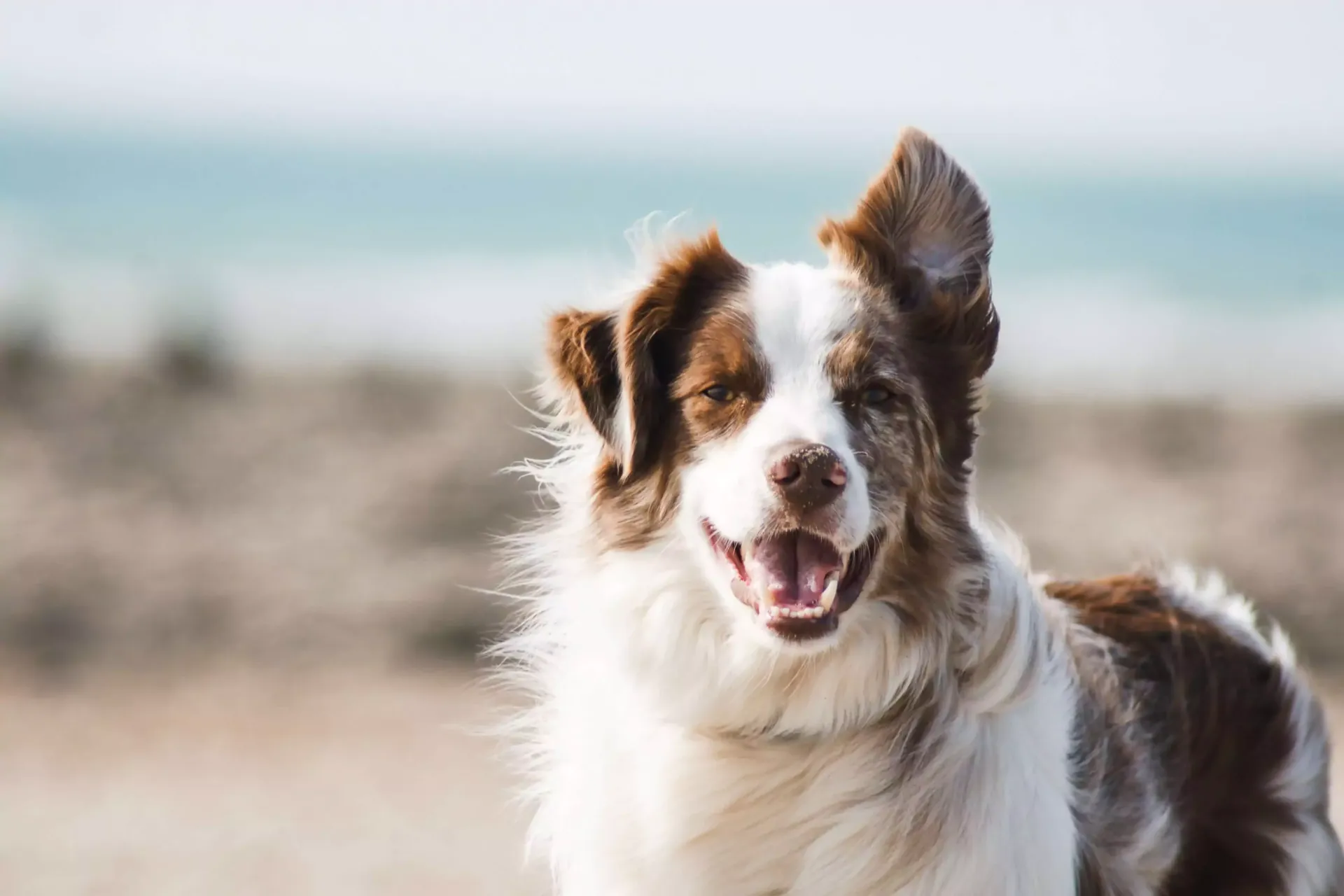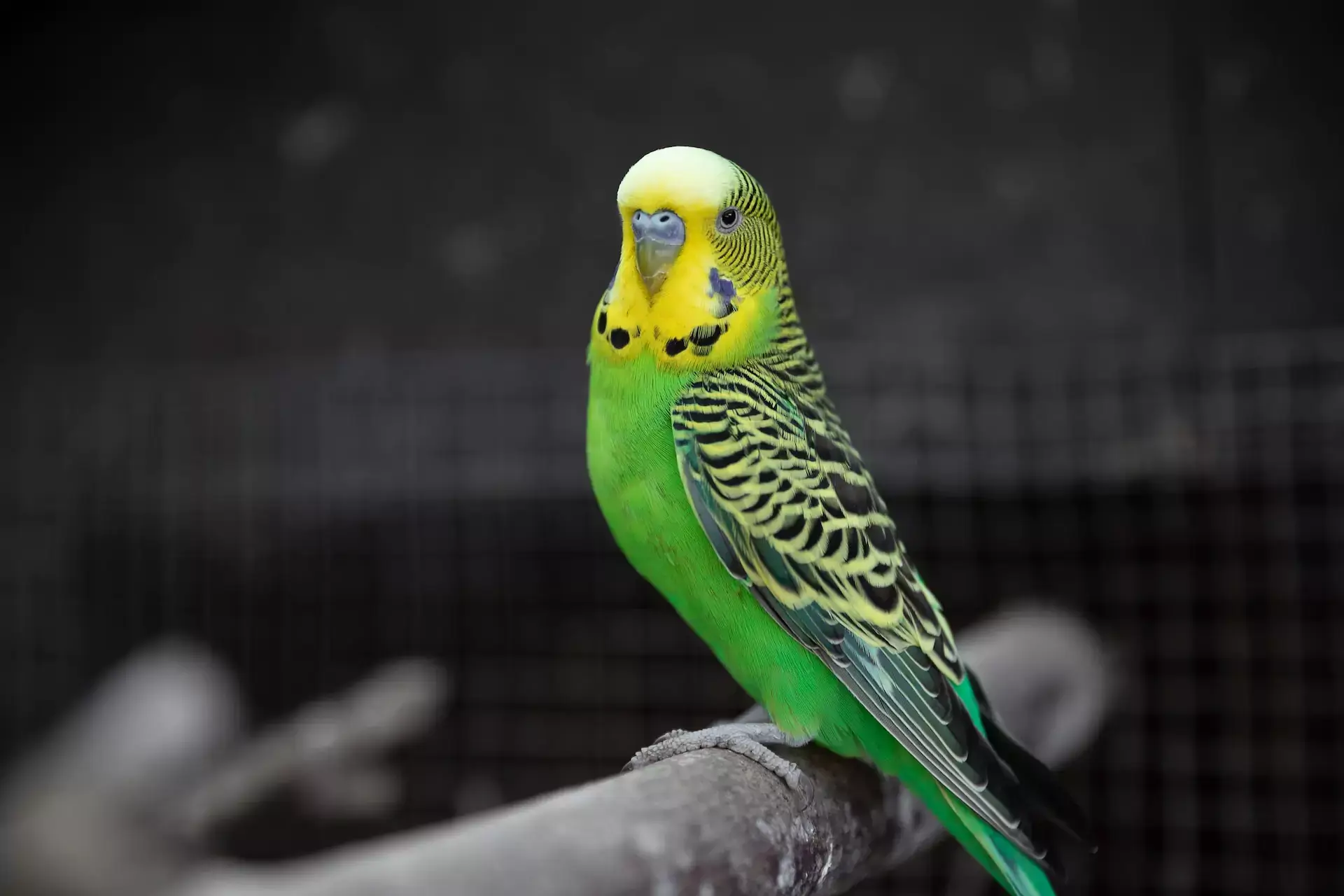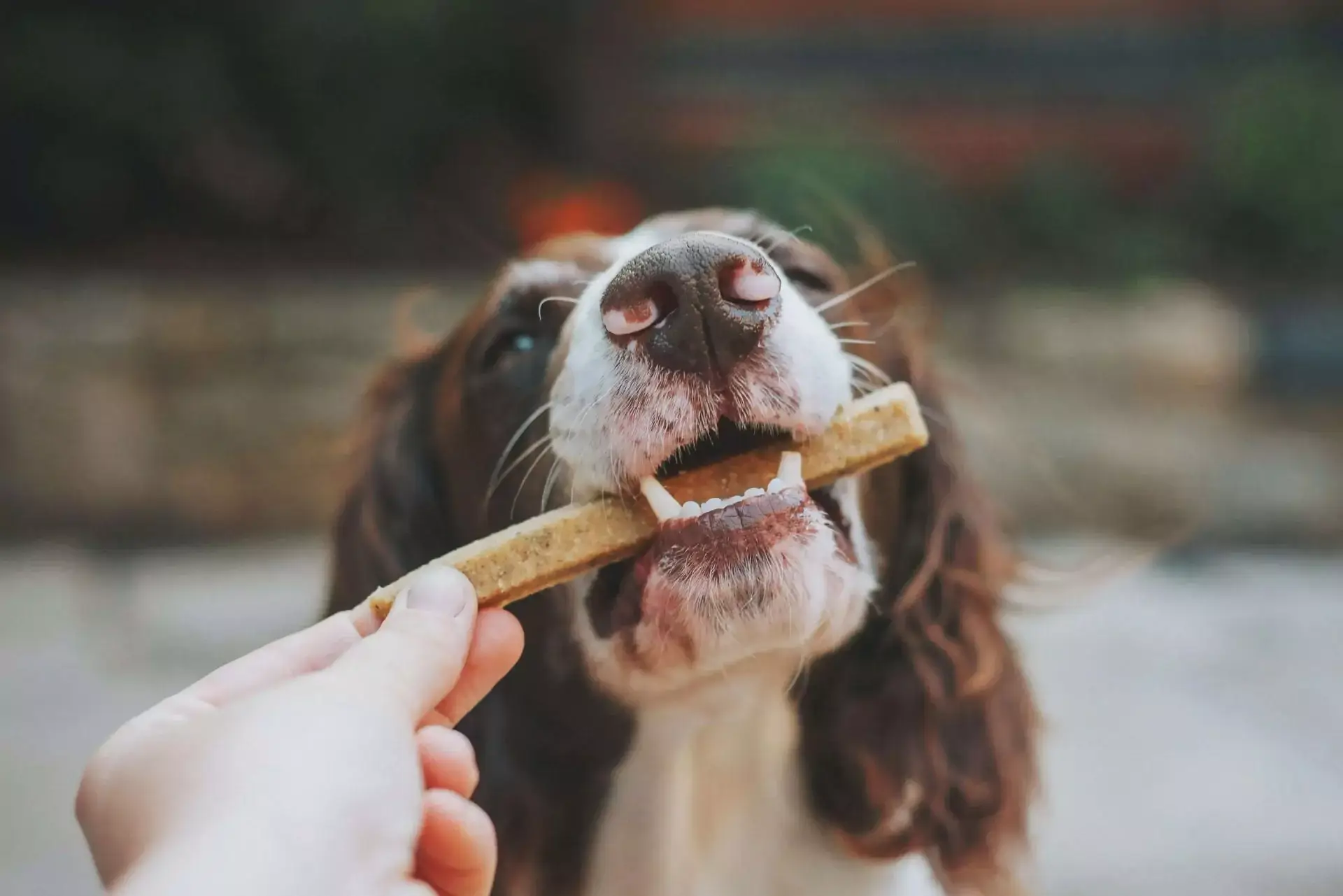Leopard Gecko Care
Today is World Gecko Day! More and more people are realizing how cute geckos are, and are adopting these charismatic little lizards as pets. Read on as an Olympia, WA vet offers some tips on helping your reptilian buddy thrive.
Habitat
Leopard geckos are from desert climates, so they prefer warm, dry conditions. Your pet will need a good terrarium. We recommend getting one that is at least 30 x 12 x 12, though you may need a larger one if you are getting several lizards. Choose one with a screened lid, which will help with ventilation. One end of the tank should be about 80 to 90 degrees, while the other end can be a little cooler, about 75 to 80. Your pet will also need 12 hours of UVA/UVB light a day. Ask your vet for specific advice, including equipment setup.
Accessories
Environmental conditions are key, but they aren’t the only factor. You’ll need to use a good substrate or flooring. Reptile carpet is a good option. You can also use tile and/or butcher paper over it. Don’t use sand or soil substrates for young lizards: they could get quite sick if they accidentally swallow it. Your pet will also need appropriate hides on both the warm and cool ends of their tank. To help your little buddy shed, add some moss to the hide, and mist it regularly.
Buddies
You can keep more than one leopard gecko together, but you shouldn’t house more than one male in the same terrarium. If you have more than one gecko, make sure that you have enough hides for all of them.
Water
Leopard geckos need water, not just for drinking, but also for bathing. Your pet will likely soak in his dish to keep himself hydrated. Clean and refill the dish daily, even on days when your lizard doesn’t eat.
Diet
One good thing about leopard geckos is that they don’t need to eat every day. 4-5 times a week is fine for adults. Your reptilian pal’s favorite food may well be live crickets. Mealworms, waxworms, and other bugs are also pretty popular with these guys. You’ll need to dust them with nutritional powder before giving them to your pet. This is called gut-loading. Ask your vet for specific advice.
Do you have questions about leopard geckos? Contact us, your Olympia, WA animal clinic, today!



